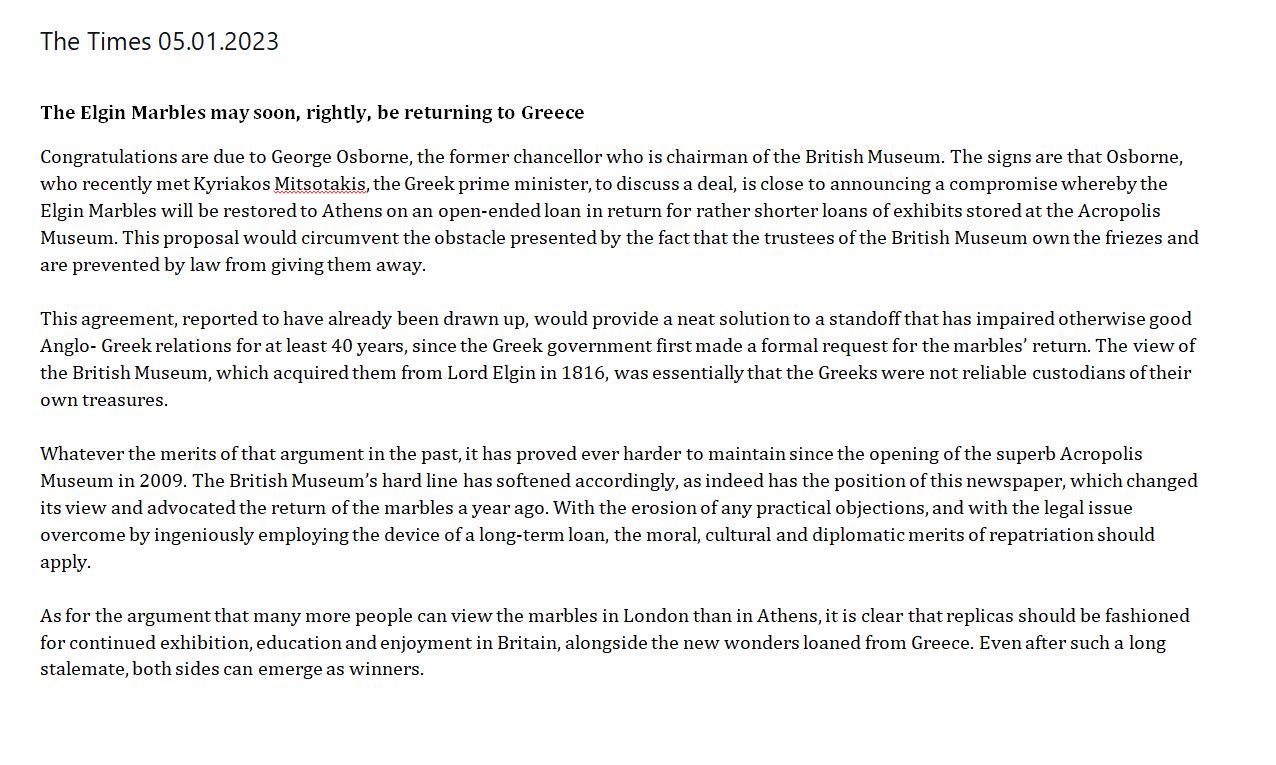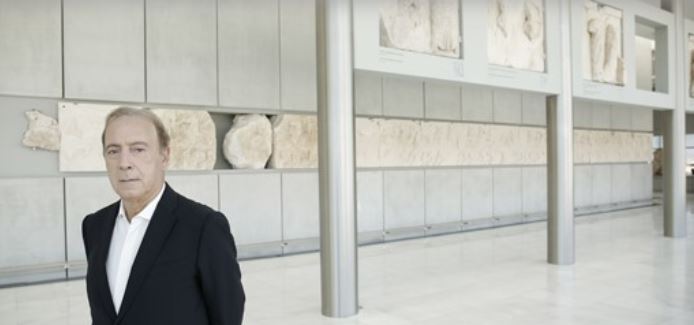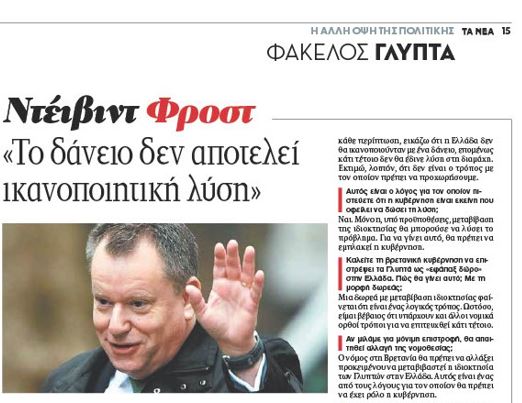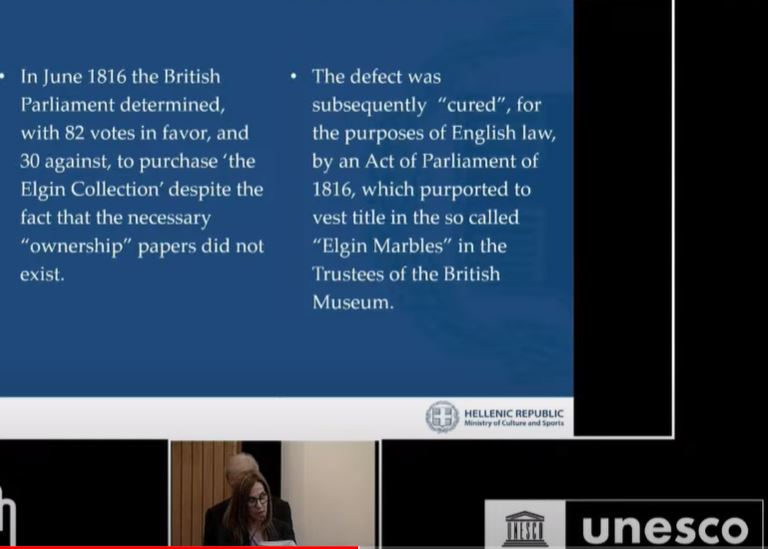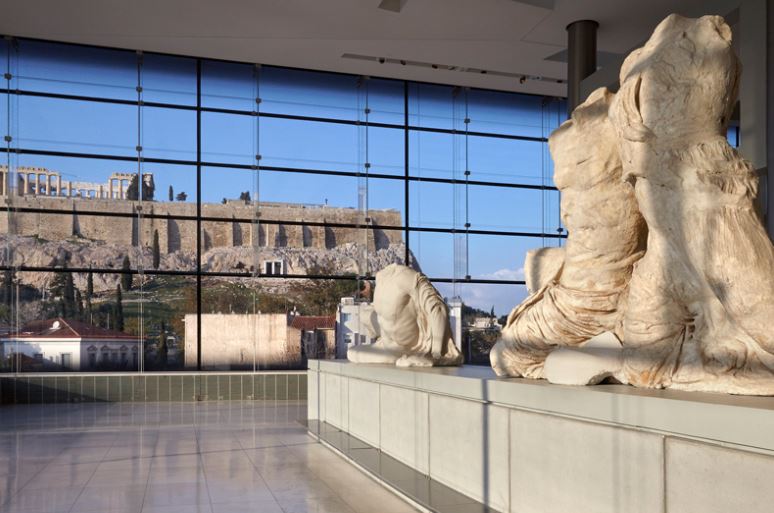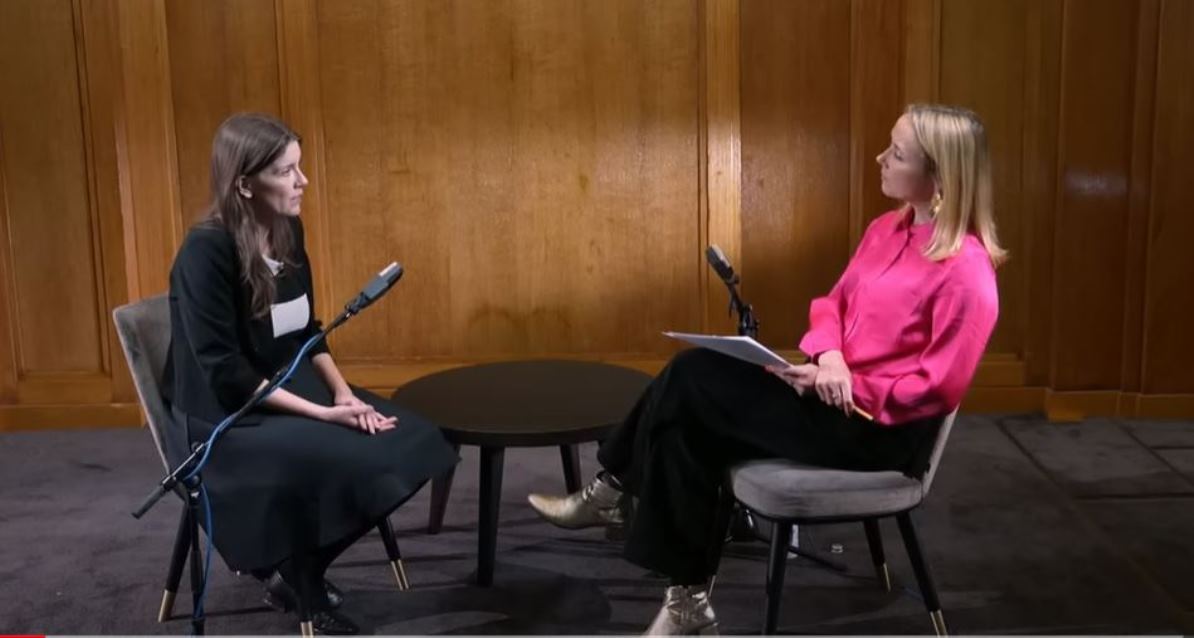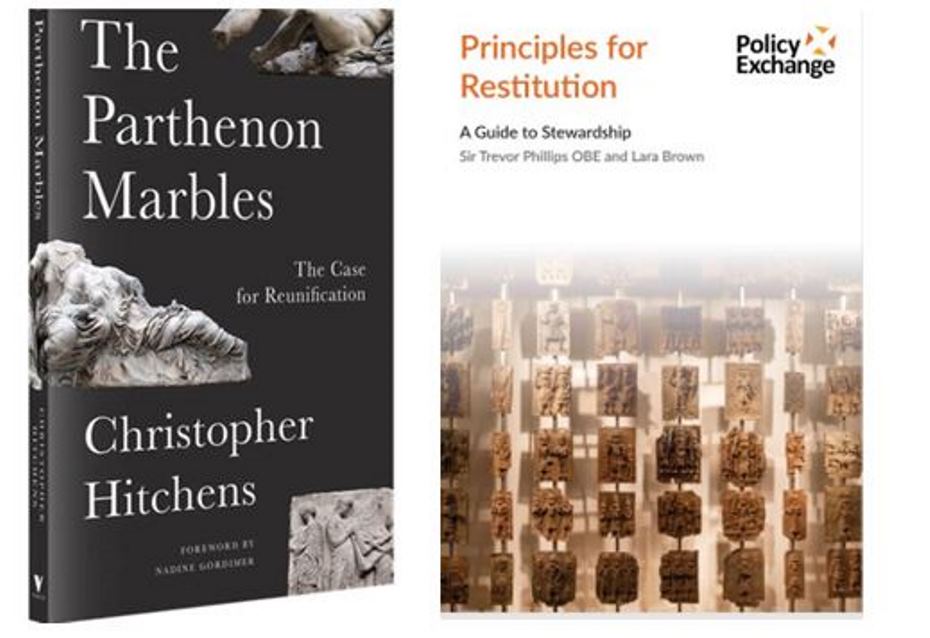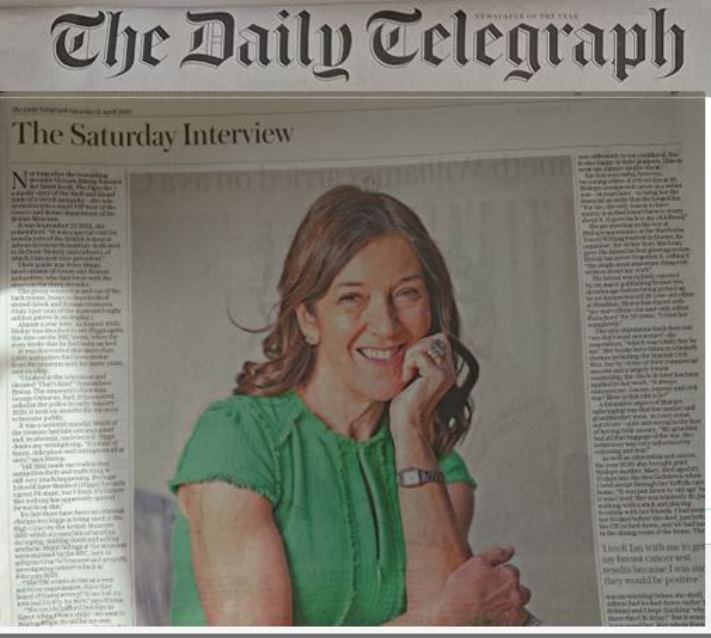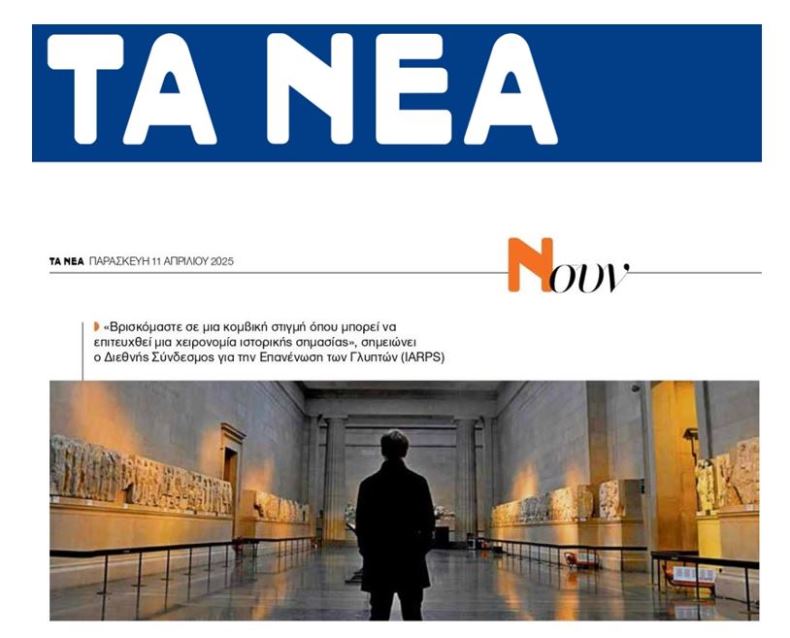Even if the desired outcome has not yet been reached, the constant references to talks and possible agreements prove that progress has been made.
Professor Paul Cartledge, Vice-Chair of BCRPM and IARPS
London, Thanasis Gavos
The idea of "rotating" loans for the sculptures from the Parthenon is unsatisfactory when one also considers that Greece's ask is wholly justified. The ask is for the permanent reunification of all these sculptures. A request that was first made shortly after Greece gained her independence.
British supporters for the reunification of the Parthenon Marbles consider the possible "deal" described by a Bloomberg report on Tuesday night to be disappointing.
Citing sources on the ongoing talks, the news articles said parts of the sculptures could be returned over time and "on a rotational basis" from the British Museum to the Acropolis Museum, as part of a "cultural exchange".
In light of this, Professor Paul Cartledge, Vice-Chair of the British Committee for Reunification of the Parthenon Marbles (BCRPM) and Vice-Chair of the International Association for the Reunification of the Parthenon Sculptures (IARPS), said that he understands that the Bloomberg report has been denied by the Greek Ministry of Culture .
"I can understand why both the British Museum is keen to give the impression that it is not just saying no (to reunification) but that it is interested in some kind of negotiated solution, while on the other hand I fully understand why the Ministry of Culture in Greece would accept nothing less than the return of all that the British Museum and, incidentally, other museums - as a whole and for eternity" the former professor of Ancient Greek Culture at the University of Cambridge told SKAI.
"None of these piecemeal 'here you go, you can have this piece of frieze and then we expect some nice things from you back and then we'll give you some more of the frieze', i.e. we'll lend them to you, we won't give them to you of course," Mr. Cartledge added, rejecting the content of the deal described by Bloomberg sources.
The British professor agrees, however, that even if we have not reached the desired outcome, the constant references to talks and possible agreements prove that progress has been made.
"I think the pressure is intensifying. The fact that the Pope has agreed to give back – and not in some way lend or raise any legal issue – the pieces held by the Vatican Museums, is the latest in a series of different things that have been achieved outside of Britain. All this leads to the conclusion that it is obvious that the British Museum's Chair and Trustees should do the right thing and enter into negotiations on the basis that the relevant laws (preventing reunification) should be amended or withdrawn for this specific case. But also that they wish, not that they are obliged, that they wish to give back (the Sculptures) as they normally should. So there is no doubt that (there is) this idea of the deal, as if the British Museum has some basis on a moral basis, which we believe it does not have," Professor Cartledge noted.
The rotation of the Sculptures would not solve the issue of ownership. Another thorn, of course, is the British Museum Act of 1963 which prohibits the removal of exhibits from the British Museum's collection.
A possible way out of this is the British Charity Act of 2022, as pointed out by lawyer George Dimaras who specializes in cases of mixed national jurisdiction and works in Greece, Britain and other countries: "Greece's ownership arguments remain strong. However, there is also the recent change in legislation in Britain in 2022 and the Charity Act, which allows museum to request the return of objects found in British museum collections on the basis of moral obligations. Although this is a difficult issue, perhaps the new law could affect decisions regarding the Parhenon Sculptures," the Greek lawyer, George Dimaras told SKAI.
It should be noted, however, that the implementation of two crucial articles of the new law has been put on hold by the British government in order to carry out additional research in order to "thoroughly asses their impact" on museum collections.
Source: skai.gr
To liten to the report, follow the link here.
